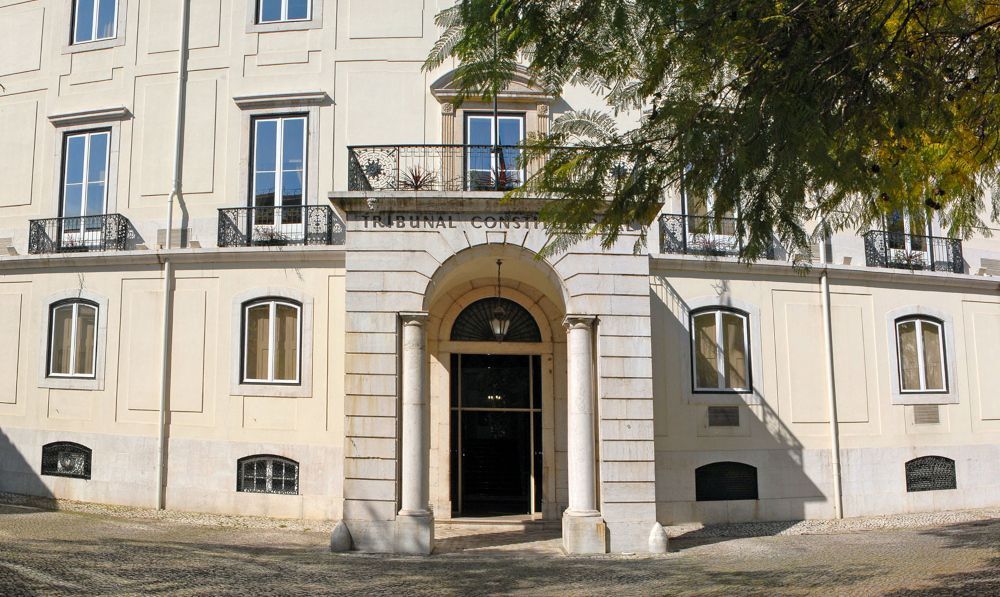Late Birth Registration and Its Implications for Portuguese Citizenship

Florbela Lopes | Lawyer
In Portugal, birth registration is a fundamental legal act that establishes an individual’s civil identity and family affiliations. Beyond its administrative importance, birth registration also plays a crucial role in determining eligibility for Portuguese citizenship. Over the years, the legal framework concerning birth registration and nationality has undergone significant changes, reflecting shifts in the principles of Portuguese nationality law and adapting to societal developments. Under the current legal framework, Decree-Law no. 126/2023, which regulates the Portuguese Civil Registry Code, requires that parents register their child’s birth within 20 days at the Civil Registry Office. This registration guarantees the individual’s legal recognition and ensures access to the rights conferred by Portuguese law.
When registering a birth long after the event, the person interested must comply with specific formalities and provide documentation such as proof of birth, family records, witness testimonies, or genealogical evidence. If the individual seeks Portuguese citizenship, additional verification is required to confirm whether the law in force at the time of the birth grants nationality. According to article 99.º of the abovementioned Decree-Law, for births declared more than a year after the event, the declaration must be made by a parent, the legal guardian, or the individual themselves. If the parents are not the declarants, their input is sought whenever possible.
For births declared more than 14 years after the event, at least two witnesses must provide testimony, and supporting documentation must be presented to validate the request. The Registry Office may undertake additional verification steps to confirm the accuracy of the information. While late registration does not impose direct penalties, it may complicate legal matters, particularly when establishing lineage or pursuing citizenship rights. The implications of late birth registration are significant when it comes to acquiring
Portuguese nationality, as the applicable nationality laws vary depending on the legal framework in force at the time of the birth.
Portuguese Citizenship and Its Legal Evolution
The implications of late birth registration often intersect with Portuguese nationality laws, which have undergone major transformations, evolving from a system dominated by the principle of ius soli to ius sanguinis. These principles have played a defining role in shaping eligibility for Portuguese citizenship.
From the early 20th century until the introduction of the Portuguese Civil Code in 1966, Portuguese nationality laws were heavily based on ius soli. Under this principle, any individual born on Portuguese soil, including overseas territories, was entitled to Portuguese citizenship, irrespective of their parents’ citizenship. The 1966 Portuguese Civil Code introduced a shift towards ius sanguinis, prioritising lineage over place of birth. From this point forward, children born to at least one Portuguese parent could obtain Portuguese citizenship, regardless of their place of birth. For children born in Portugal to foreign parents, nationality could only be granted under specific conditions, such as their parents' residency in Portugal. This change reflected an increasing emphasis on family and cultural ties.
The Nationality Law of 1981 (Law no. 37/81) reaffirmed the predominance of ius sanguinis while maintaining some pathways for citizenship through ius soli. However, over time, reforms such as Organic Laws no. 2/2006, no. 2/2018, and no. 2/2020 reintroduced and strengthened the principle of ius soli. These reforms addressed the growing population of descendants of immigrants born in Portugal. Today, Portuguese nationality law reflects a balance between ius soli and ius sanguinis, emphasising territorial and family connections.
The registration process for births occurring decades earlier involves meticulous verification. For individuals born during the predominance of ius soli (1966) or in transitional periods (1966-1981), late registration serves as a formal acknowledgement of rights already conferred by law at the time of the birth. Upon completing the late registration, the individual may be granted Portuguese citizenship retroactively to their birth, reflecting their uninterrupted legal connection to the country.
Conclusion
Late birth registration in Portugal is not merely a bureaucratic process but a key step in asserting legal identity and, for many, establishing a claim to Portuguese citizenship. Understanding the interplay between historical and current nationality laws is crucial, as eligibility often hinges on the legal framework in force at the time of birth. The legal framework concerning Portuguese citizenship has evolved significantly, from the dominance of ius soli to a balanced integration of ius sanguinis. For individuals born in Portugal during the predominance of ius soli or transitional periods, late registration offers a path to secure rights tied to their birth.
Given the complexities surrounding late registration and Portuguese citizenship, understanding the implications of late birth registration is particularly significant when it comes to acquiring Portuguese citizenship, as the applicable nationality laws vary. For those with similar circumstances, Portuguese nationality law and procedures offer a possible path for asserting rightful claims to citizenship, reaffirming the enduring significance of birth registration in establishing legal and national identity.
If you need assistance with your Portuguese citizenship application, please feel free to reach out. We are happy to help.










